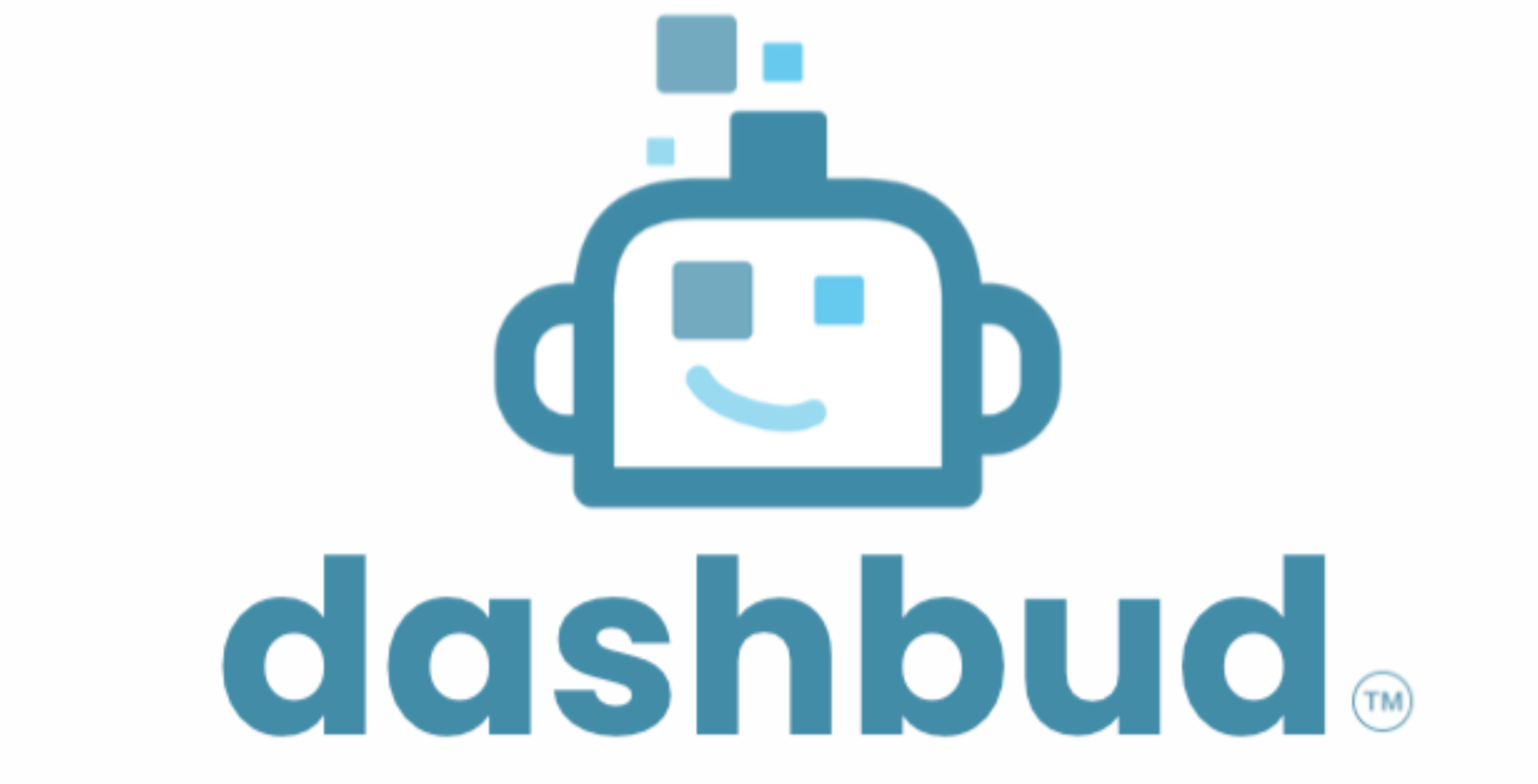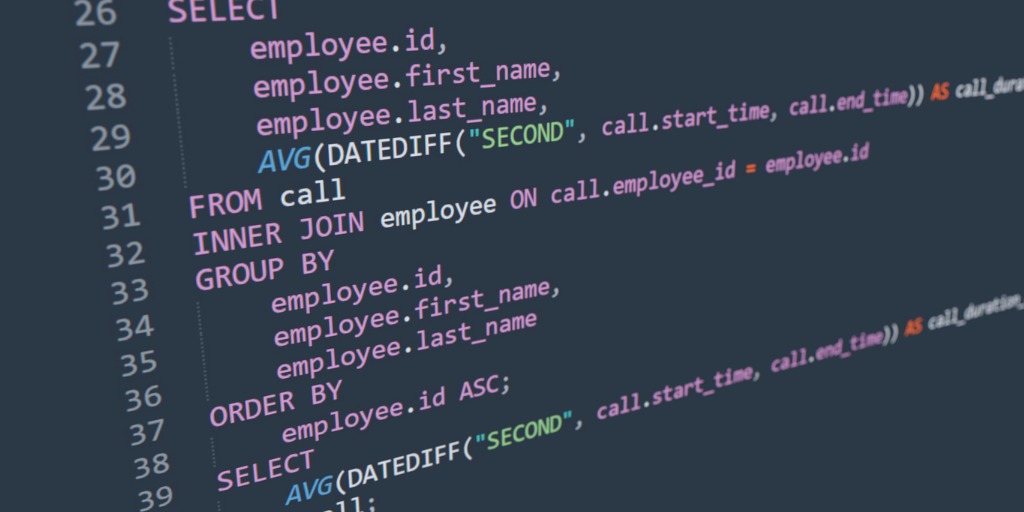The Challenge of Querying Databases
Data powers modern businesses, but accessing and analyzing it efficiently isn’t always easy. Writing SQL queries can be complex, requiring specialized knowledge and time. However, Natural Language Processing (NLP) for SQL generation is changing the game by allowing users to generate SQL queries simply by asking questions in plain English.
For example, instead of manually coding, users can ask, “Show me last quarter’s revenue by region,” and AI will generate the appropriate SQL statement.
While this technology enhances accessibility, security remains a critical concern. Allowing AI to generate SQL is fundamentally different from letting AI retrieve and process data. Keeping AI strictly in the query-generation role ensures a more secure approach to database interactions.
How NLP for SQL Works Without Exposing Data
AI Assists with SQL Queries, Not Data Access
When AI generates SQL, it only translates natural language into structured query language—it does not access, process, or store your data. The database itself executes the AI-generated query, ensuring that sensitive information remains securely within your system.
Your Data Stays Within Your Database
One of the primary risks of cloud-based AI tools is the requirement to upload data for processing. By using NLP for SQL generation while keeping data retrieval and execution in-house, businesses eliminate the need to expose sensitive information to third-party AI systems.
No Risk of Data Storage or Logging by AI
Some AI services retain user query history to improve their models. If these platforms have direct access to data, there’s always a risk that some information could be logged or stored. By restricting AI to only generating SQL queries, businesses maintain complete control over their data security.
Why AI-Generated SQL is a Safer Approach
1. Eliminates the Risk of AI Retaining Sensitive Data
AI models improve by learning from past inputs. If an AI tool is both analyzing and retrieving data, there’s a potential risk—however small—that elements of that data could be stored for future use. By keeping AI limited to SQL generation, businesses completely eliminate this risk.
2. Ensures Compliance with Data Privacy Regulations
Regulations such as GDPR, HIPAA, and SOC 2 enforce strict guidelines on handling sensitive data. Uploading raw data to an AI service could introduce compliance risks, especially if the AI provider’s data retention policies are unclear. Using AI solely for SQL generation ensures compliance is much easier to maintain.
3. Reduces the Risk of Cybersecurity Breaches
Transferring data to external AI services expands the attack surface, increasing the risk of breaches. By keeping all data interactions within a secure infrastructure, businesses minimize vulnerabilities and reduce the likelihood of cyber threats.
4. Prevents AI from Accessing Unauthorized Data
If AI retrieves data, it may return more information than intended—especially if database permissions aren’t correctly configured. By keeping AI focused on query generation only, organizations maintain human oversight and ensure that only authorized users execute queries.
Best Practices for Secure AI-Powered SQL Generation
To maximize security while leveraging NLP for SQL generation, businesses should follow these key practices:
- Restrict AI to Schema Access – AI should only access database schemas (table names, column structures) for query generation but never the actual data.
- Implement Role-Based Access Control (RBAC) – Even if AI generates a query, database permissions should dictate who can execute it and what data they can retrieve.
- Monitor Query Logs for Anomalies – Regularly review AI-generated SQL logs to detect any unusual patterns or potential security risks.
Conclusion: A Smarter, Safer Approach to AI and SQL
AI-driven SQL generation makes database interactions easier, especially for non-technical users. However, not all AI-powered workflows are equally secure. By ensuring that AI only generates queries—not processes data—businesses can strike the perfect balance between efficiency and security.
Ultimately, AI should act as an advisor, not a gatekeeper to your data. Keeping AI in a supportive, non-invasive role ensures that businesses can harness its power while maintaining full control over security, privacy, and compliance.
Discover how Dashbud’s AI-powered SQL generation enhances data security.



